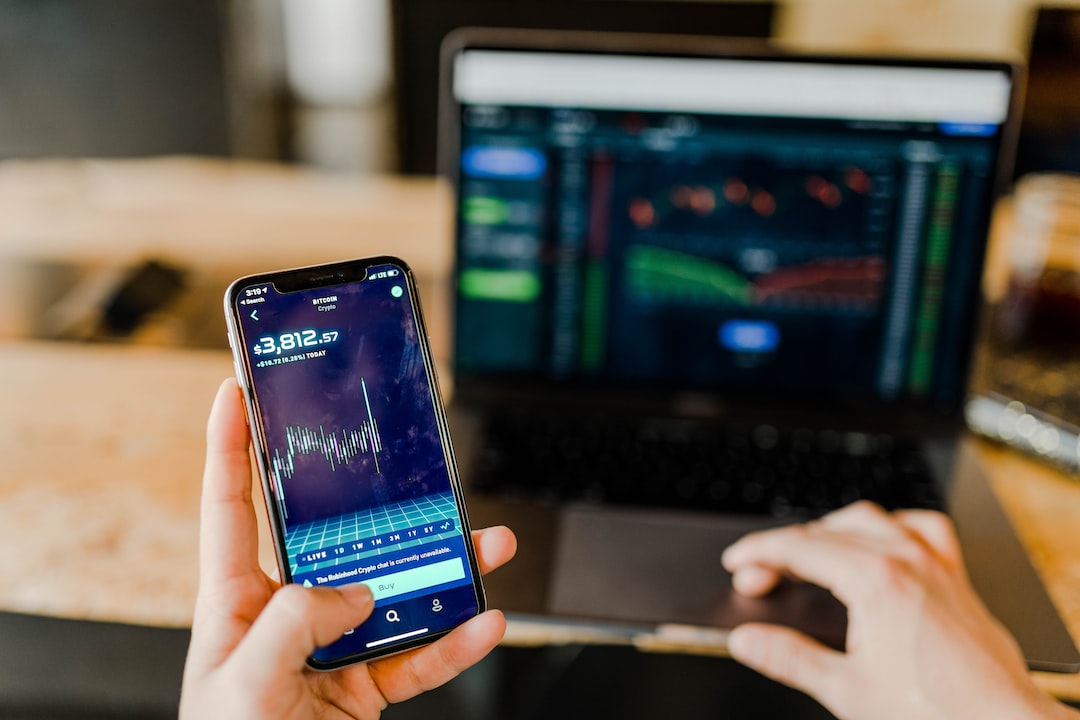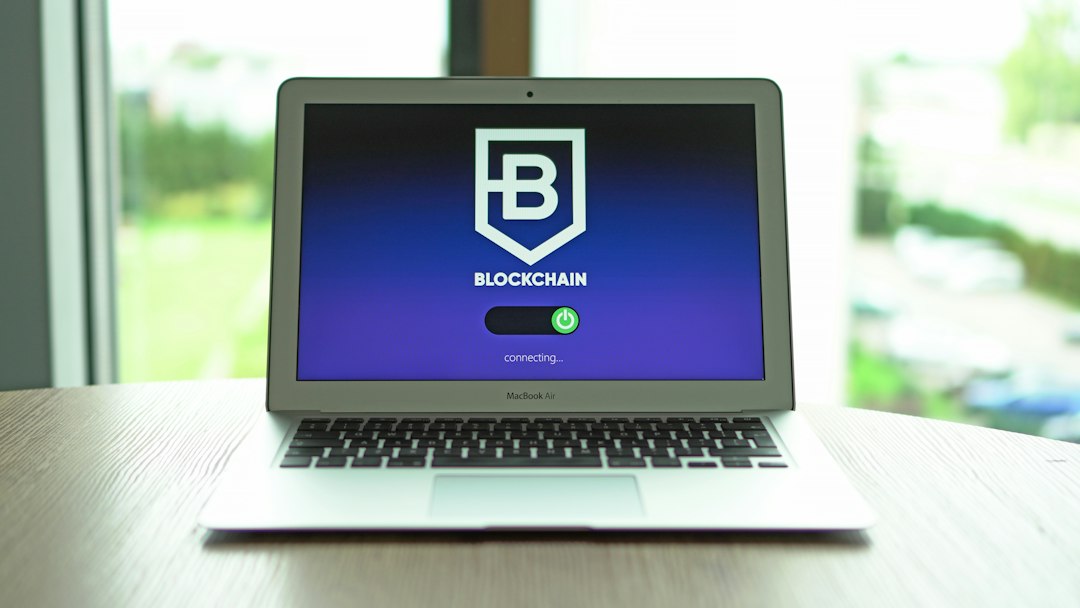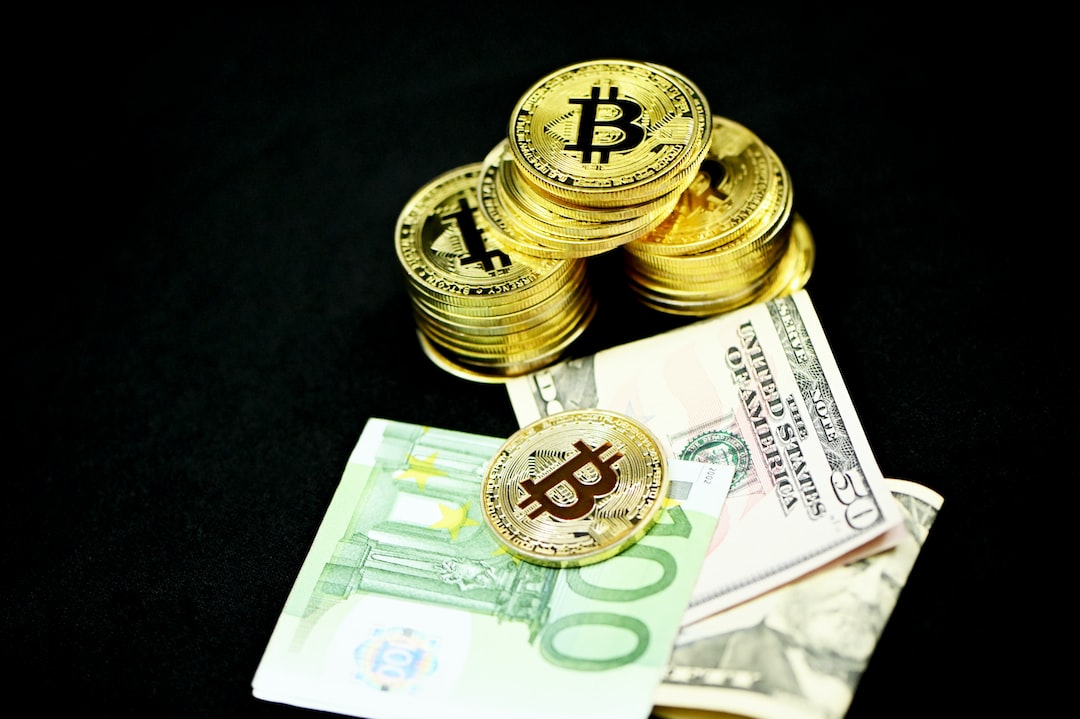The Importance of Securely Receiving Crypto: Tips and Best Practices
If you’re involved in the world of cryptocurrency, whether as an investor, trader, or user, it’s crucial to understand the importance of securely receiving crypto. With the rise of digital currencies, the risk of security breaches and fraud has also increased. In this article, we’ll explore why securely receiving crypto is important and provide you with tips and best practices to ensure your transactions are safe and secure.
Understanding the Risks
When it comes to receiving cryptocurrency, there are several risks that you need to be aware of. One of the biggest risks is the potential for hacking and theft. Since cryptocurrency transactions are irreversible, once your funds are stolen, there’s no way to get them back. Additionally, scams and phishing attempts are common in the crypto world, making it essential to be cautious when receiving funds.
Another risk to consider is the possibility of receiving counterfeit or fraudulent coins. With the increasing popularity of cryptocurrencies, there has been a surge in fake coins and tokens being circulated. If you’re not careful, you could end up with worthless assets in your wallet.
Choosing a Secure Wallet
One of the most important steps in securely receiving crypto is choosing a secure wallet. Your wallet is where you store your cryptocurrency, so it’s crucial to select a reputable and reliable option. There are various types of wallets available, including hardware wallets, software wallets, and paper wallets.
Hardware wallets: These are physical devices that store your cryptocurrency offline, making them less vulnerable to hacking and online threats.
When choosing a wallet, consider factors such as security features, ease of use, and compatibility with different cryptocurrencies. It’s also essential to research the reputation of the wallet provider and read reviews from other users before making a decision.
Using Secure Addresses
When receiving cryptocurrency, you’ll need to provide an address for the sender to transfer the funds to. It’s crucial to use a secure address to ensure that your transaction is safe from potential threats. One way to do this is by generating a new address for each transaction.
Verifying Transactions
Before confirming any incoming transactions, it’s essential to verify their authenticity. Many cryptocurrency wallets allow you to review pending transactions before finalizing them. Take the time to double-check the sender’s details and transaction amount before approving any incoming funds.
Maintaining Security Hygiene
In addition to these specific steps for securely receiving crypto, it’s essential to maintain good security hygiene in general when dealing with digital assets.
Symbols and Acronyms
- Cryptocurrency – Crypto
- Fraudulent coins – Fake coins
- Cryptocurrency Wallet – Wallet
- Cryptocurrency Holdings – Holdings
- Hacking attempts – Hacking
- Cryptocurrency Transactions – Transactions
- Cryptocurrency Investor – Investor
- Cryptocurrency Trader – Trader
- Fraudulent Transactions – Fraudulent transfers
Frequently Asked Questions (FAQs)
What should I do if I suspect a fraudulent transaction?
If you suspect that you’ve received a fraudulent transaction or if you’ve inadvertently sent funds to a scammer, it’s essential to act quickly. Contact your wallet provider or customer support team immediately and provide them with all relevant details about the incident. They may be able to assist you in recovering lost funds or preventing further unauthorized activity on your account.
How can I protect my cryptocurrency from theft?
To protect your cryptocurrency from theft, consider using hardware wallets that store your assets offline and away from potential online threats. Additionally, practice good security habits such as enabling two-factor authentication (2FA), regularly updating your devices’ security software, and avoiding sharing sensitive information about your holdings online.
What should I do if I suspect my wallet has been compromised?
If you suspect that your wallet has been compromised or if you notice any unauthorized activity on your account, take immediate action by changing your login credentials and contacting customer support for assistance. It’s also advisable to transfer any remaining funds to a new secure wallet while investigating the issue further.
In conclusion
Securingly receiving crypto is essential for protecting your digital assets from potential threats such as hacking attempts, fraudulence transfers scams. By following these tips and best practices such as choosing a secure wallet using secure addresses verifying transactions maintaining good security hygiene will help safeguarding against potential risks associated with receiving cryptocurrencies.





 By
By
 By
By
 By
By
 By
By
